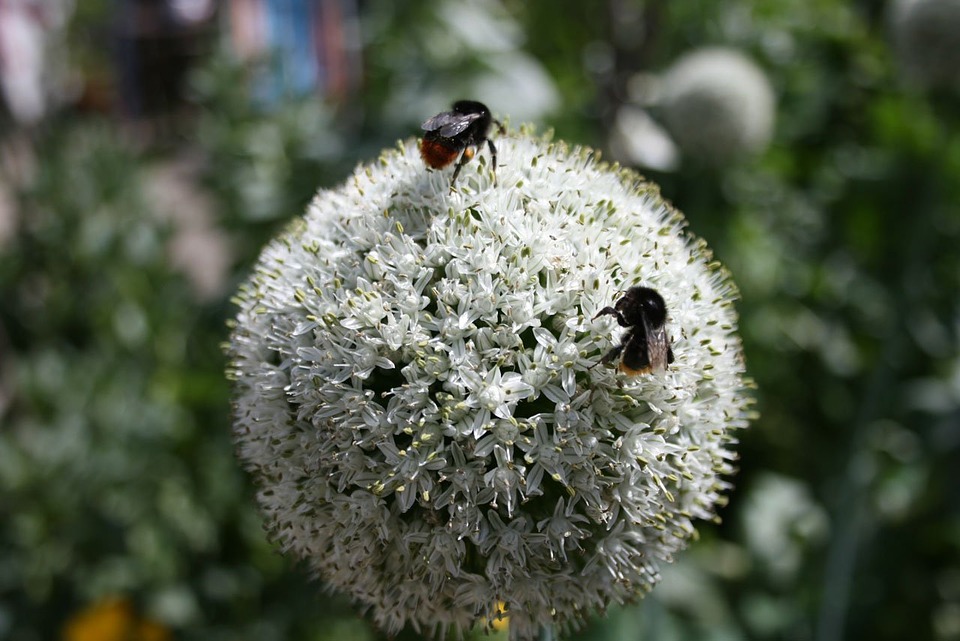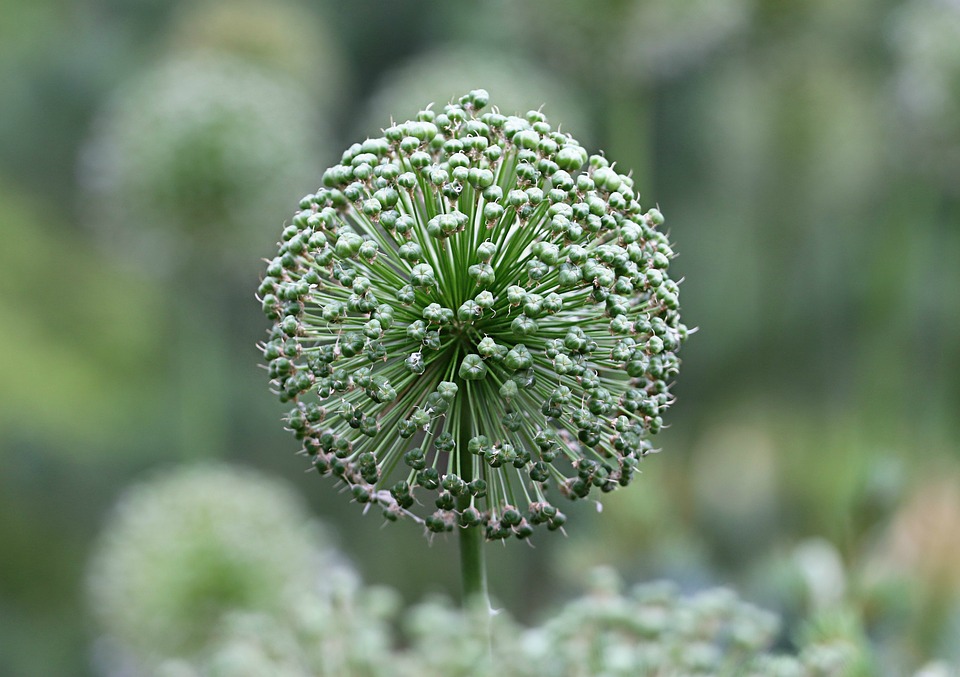Onions, a staple in many cuisines, are a pungent and flavorful ingredient. But for our furry friends, rabbits, onions pose a serious health threat. This article explores the dangers of onions for rabbits, explaining the toxic compounds present, the symptoms of onion poisoning, and how to prevent this potentially fatal condition. We'll also provide detailed information on what to do if your rabbit has ingested onions.
Part 1: The Hidden Toxicity of Onions

1.1. Onions and the Allium Genus
Onions belong to the Allium genus, which includes garlic, chives, shallots, and leeks. This entire family of plants contains compounds called thiosulphate compounds, specifically n-propyl disulfide. These compounds are responsible for the strong odour and flavour of these vegetables, but they also pose a threat to rabbits.
1.2. The Toxic Compounds in Onions
N-propyl disulfide, along with other thiosulphate compounds, are highly toxic to rabbits, even in small quantities. These compounds are not broken down by the rabbit's digestive system and can accumulate in their blood, leading to various health problems.
Part 2: The Devastating Effects of Onion Toxicity

2.1. Gastrointestinal Distress
Onion toxicity primarily affects the digestive system, causing severe gastrointestinal upset in rabbits. Symptoms include:
- Diarrhoea: Frequent, watery stools are a common sign of onion poisoning.
- Vomiting: While rabbits rarely vomit, it can occur in severe cases of onion poisoning.
- Abdominal Pain: Rabbits may exhibit signs of discomfort, such as hunching, stretching, or vocalization.
- Loss of Appetite: A lack of interest in food is another indicator of gastrointestinal distress.
2.2. Anaemia and Blood Cell Damage
Onion toxicity can also affect the blood, causing anaemia. The thiosulphate compounds in onions can damage red blood cells, leading to a decrease in their oxygen-carrying capacity. This can result in:
- Pale Gums: A sign of reduced oxygen levels in the blood.
- Fatigue and Weakness: Rabbits may appear lethargic and less active.
- Panting: An attempt to compensate for reduced oxygen levels.
2.3. Liver and Kidney Damage
Onion toxicity can also damage the liver and kidneys, vital organs responsible for filtering toxins from the blood. These organs can be severely compromised, leading to potential organ failure.
2.4. Respiratory Problems
In severe cases of onion poisoning, rabbits may experience respiratory distress, leading to difficulty breathing. This is a serious condition that can be life-threatening.
Part 3: Recognising the Signs of Onion Poisoning
3.1. Early Symptoms
While some symptoms of onion poisoning may be subtle, it's crucial to be vigilant and look out for any changes in your rabbit's behaviour and appearance:
- Lethargy and Weakness: A rabbit that is usually energetic may become sluggish and inactive.
- Loss of Appetite: A sudden lack of interest in food, especially hay, can be alarming.
- Increased Thirst: Rabbits may drink more water than usual, particularly if their kidneys are affected.
- Changes in Stool Consistency: Diarrhoea, constipation, or changes in stool frequency can indicate digestive problems.
3.2. Advanced Symptoms
As onion poisoning progresses, more severe symptoms may appear:
- Pale Gums: A clear indication of anaemia.
- Rapid Breathing: Difficult or laboured breathing can indicate respiratory distress.
- Seizures: In extreme cases, rabbits may experience seizures due to neurological damage.
- Coma: A state of unconsciousness, often a sign of severe organ failure.
Part 4: Preventing Onion Toxicity in Rabbits
4.1. Strict Dietary Control
The most important step in preventing onion poisoning is to ensure that your rabbit never has access to onions in any form:
- Never feed onions to your rabbit: Onions should never be given to rabbits, regardless of how they are prepared (raw, cooked, or dried).
- Keep onions out of reach: Store onions in sealed containers or in areas inaccessible to your rabbit.
- Supervise feeding: When providing fresh vegetables, be extra cautious to ensure no onions are present.
4.2. Beware of Hidden Onions
Onions are often found in processed foods and products, making it essential to read labels carefully:
- Onion Powder and Flakes: Commonly used in seasonings and commercially available pet treats.
- Onion Extract: Found in sauces, condiments, and some commercially prepared foods.
- Onion-Flavoured Products: Beware of any food or treats labelled as onion-flavoured, as they likely contain onion extracts or other toxic compounds.
Part 5: What to Do If Your Rabbit Has Eaten Onions
5.1. Immediate Action
If you suspect your rabbit has ingested onions, take immediate action:
- Remove any remaining onions: If your rabbit is still chewing on onions, remove them immediately.
- Contact your veterinarian: Call your rabbit-savvy veterinarian immediately, providing details about the amount of onion ingested, the type of onion, and any symptoms your rabbit is exhibiting.
- Follow your veterinarian's instructions: Your veterinarian will advise you on the best course of action, which may include inducing vomiting, administering activated charcoal, or providing supportive care.
5.2. Treatment Options
The treatment for onion poisoning will depend on the severity of the ingestion and the symptoms your rabbit is displaying. Your veterinarian may recommend:
- Inducing Vomiting: This may be necessary if the ingestion is recent to remove the onions from the digestive system.
- Activated Charcoal: This can help absorb toxins from the digestive system.
- Fluids: Intravenous fluids may be administered to prevent dehydration and support organ function.
- Supportive Care: This may involve pain management, monitoring vital signs, and providing nutritional support.
Part 6: The Importance of Ongoing Monitoring
Even if your rabbit does not exhibit immediate symptoms after ingesting onions, it is essential to monitor them closely for any signs of illness.
6.1. Signs to Watch For
Be alert for any changes in your rabbit's behaviour or appearance, including:
- Lethargy: A rabbit that is usually active and playful may become sluggish and inactive.
- Loss of Appetite: A lack of interest in food, especially hay, can be a warning sign.
- Diarrhoea or Constipation: Changes in bowel movements can indicate digestive distress.
- Pale Gums: A sign of anaemia.
- Increased Thirst: Rabbits may drink more water than usual, particularly if their kidneys are affected.
6.2. Long-Term Effects
The effects of onion poisoning can be delayed, and long-term damage to organs such as the liver and kidneys is a possibility. Regular check-ups with your veterinarian are crucial to monitor your rabbit's health after any suspected onion ingestion.
Part 7: Understanding the Dangers of Onion-Related Products
7.1. Onion Peels
Onion peels are not safe for rabbits. They contain the same toxic compounds as the onion itself and can be even more concentrated.
7.2. Cooked Onions
Cooked onions are still toxic to rabbits. The cooking process does not eliminate the harmful thiosulphate compounds.
7.3. Green Onions
Green onions are also part of the Allium genus and are highly toxic to rabbits.
7.4. Onion-Flavoured Treats
Avoid any treats or foods labelled as onion-flavoured. They may contain onion extracts or other toxic ingredients.
Part 8: FAQs About Onions and Rabbits
8.1. Can Rabbits Eat Garlic or Chives?
No, garlic and chives, like onions, belong to the Allium genus and are also toxic to rabbits.
8.2. Is Onion Poisoning Fatal in Rabbits?
Onion poisoning can be fatal in rabbits, especially if large amounts are ingested or if treatment is delayed.
8.3. How Can I Prevent My Rabbit From Eating Onions?
The most effective way to prevent onion ingestion is to keep onions out of reach of your rabbit and to be aware of the presence of onions in processed foods. Always read ingredient labels carefully and choose foods and treats that are safe for rabbits.
8.4. What If My Rabbit Ate a Small Piece of Onion?
Even a small amount of onion can be toxic to rabbits. Contact your veterinarian immediately.
8.5. How Do I Know If My Rabbit Is Recovering from Onion Poisoning?
Your veterinarian will monitor your rabbit's progress and advise you on the best course of action. As your rabbit recovers, you should notice a gradual improvement in their appetite, energy levels, and overall health.
Remember, early intervention is crucial for successful treatment of onion poisoning in rabbits. If you suspect your rabbit has eaten onions, contact your veterinarian immediately.
Everyone is watching
-

Do Rabbits Lay Eggs? (The Surprising Truth)
OTHER TYPES OF PETSThis article will unravel the common misconception that rabbits lay eggs, exploring the fascinating world of r...
-

Can Rabbits Eat Grapes? A Guide to Safe Rabbit Treats
OTHER TYPES OF PETSThis comprehensive guide will explore the safety and suitability of grapes for rabbits, providing detailed inf...
-

What's a Group of Rabbits Called? (A Comprehensive Guide)
OTHER TYPES OF PETSThis article delves into the fascinating world of rabbits, exploring the various terms used to describe a grou...
-

Predators That Hunt Rabbits: A Guide to Natural Enemies
OTHER TYPES OF PETSI've always been fascinated by the circle of life, that delicate dance between predator and prey. Growing up ...
-

Are Rabbits Nocturnal Animals?
OTHER TYPES OF PETSThe question of whether rabbits are nocturnal animals is a fascinating one, with a surprisingly complex answer...
